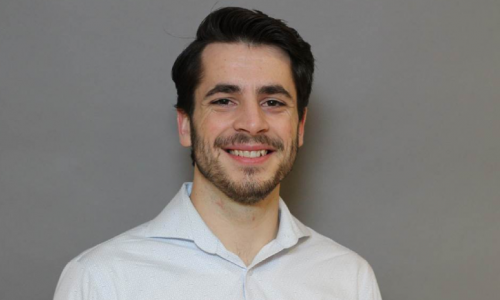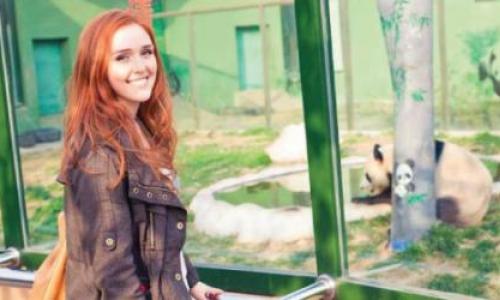
Participating in an International Co-op can be great! You are exposed to different experiences, climates, people and cultures. However, this exposure can also come with its fair share of challenges. A common fear most people have when working abroad is the language and cultural differences. Fear not, as this article will provide you with steps to check your cultural bias, become more culturally sensitive, and help you fully immerse yourself into the culture of the host country.
To break down how to approach dealing with cultural differences in the workplace, it is imperative to develop a high degree of cultural competence. As outlined by the Human Services Guide, cultural competence is a set of values and beliefs that we must develop to get the most out of our interactions with people of different cultures. Cultural competence is a component of four pillars: awareness, attitude, knowledge, and skills.
Awareness
Ultimately, it is normal to experience culture shock, especially if the host country’s culture varies vastly from yours. However, the most important lesson to note is to always be mindful and respectful of these differences. Therefore, the first step is to acknowledge that there are differences. Next, be mindful that certain behavioural norms can be misinterpreted in a new culture. This is also transferable in your work, as your interpretations of instructions can largely be influenced by your cultural familiarity. Therefore, check your expectations – what are you anticipating and is it realistic? – and reflect on how your cultural bias is reflected in your work. A tip would be to sit down with your supervisor to understand what expectations they have, to better understand where your cultural bias lies.
Attitude
After reflecting and becoming aware of your personal biases, examine your own attitude. In the context of cultural competence, an attitude refers to your ability to understand the difference between being aware of your cultural bias versus actively trying to change yourself and analyzing your internal belief system. While reflection is key in discovering bias, it is the changing of our actions that will allow us to progress. Therefore, to push the boundaries and become a culturally competent individual, one must be willing to change aspects of the way they think.
Knowledge
Going by the saying - “Talk the talk and walk the talk”, it is not enough to solely speak about changing your attitude and perspectives to become more culturally sensitive, you need to show it too. It is often said that people “say one thing, but do another.” This is highly applicable in the realm of equality and cultural sensitivity. We often underestimate the degree to which our actions misalign with our beliefs. It is important to note that if you are going to a different country, with a different mindset and way of life, you cannot project your norms and views onto them. To develop a high degree of cultural competence you need to understand where the paths of belief and execution diverge and take steps to connect them again; staying consistent with what you believe and what you say/do.
Skills
The skills part of developing a high degree of cultural competence is perhaps the most difficult. It entails practicing what we have been preaching until it becomes our new norm. This can be executed by actively trying to learn the local language, or trying team-building exercises to get a better understanding of where your colleagues are coming from. Actively trying to embrace the cultural differences without placing weight upon them is what causes the development of cultural competence.
Therefore, the trick lies in developing a high degree of cultural competence. Overall, working abroad can be intimidating, especially if you have not been exposed to the cultural norms and ways of life of your host country before. One key factor of success is your ability to act as a sponge and soak up all the diversity and cultural richness around you. By becoming a culturally competent individual, you are demonstrating that you have the willingness to want to learn, adapt, and abide by local cultures and traditions.
Beyond the Blog
-
Find out more about working internationally through the International Co-op Program
-
Visit the OLC’s International Students Page for more stories, experiences and tips like Gursahib!















